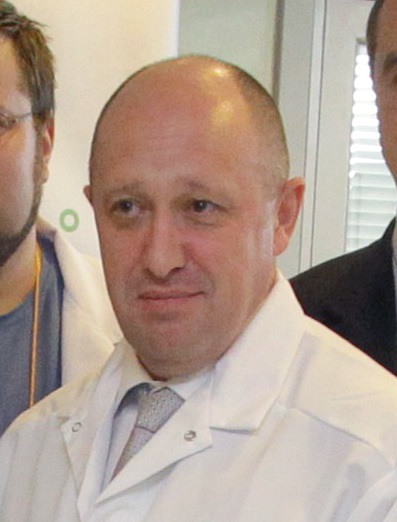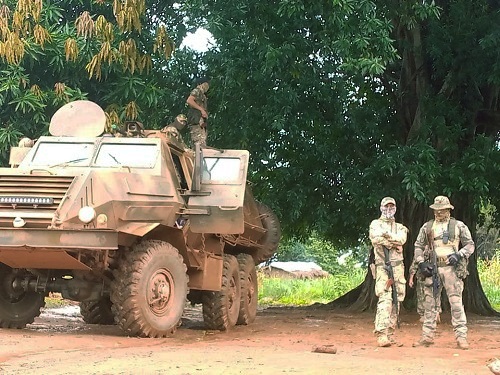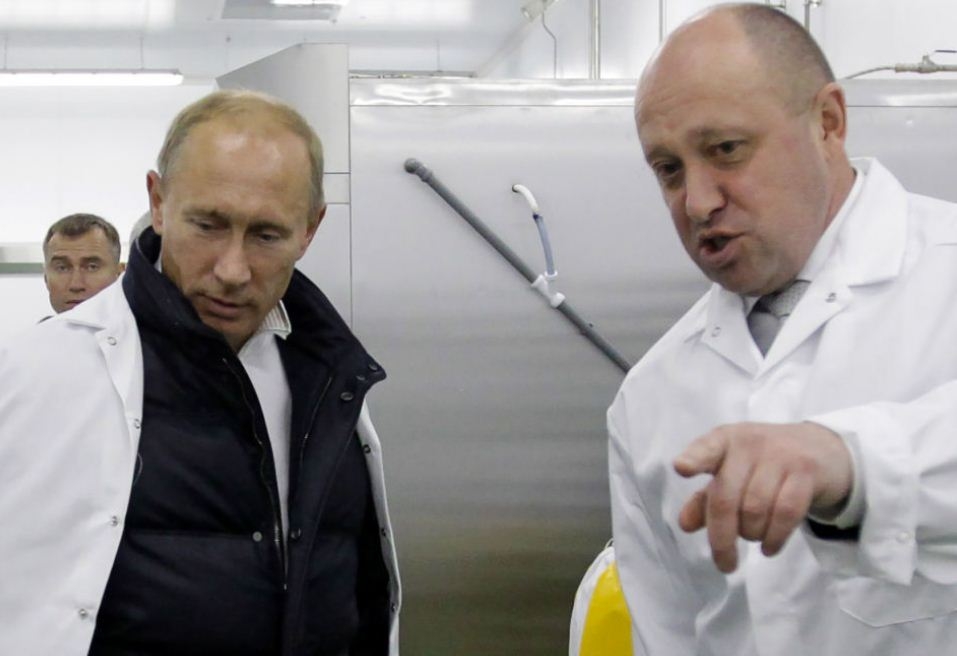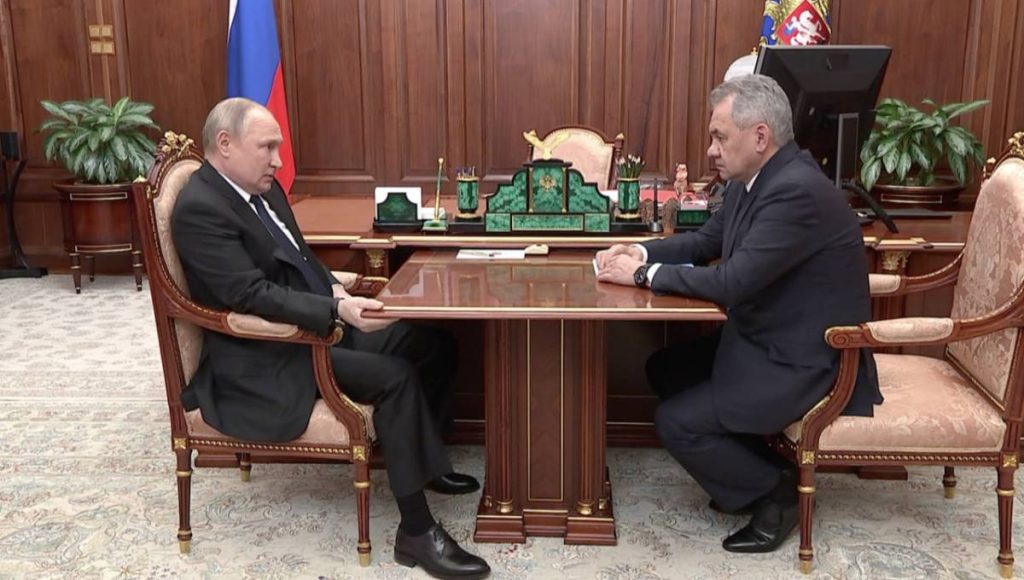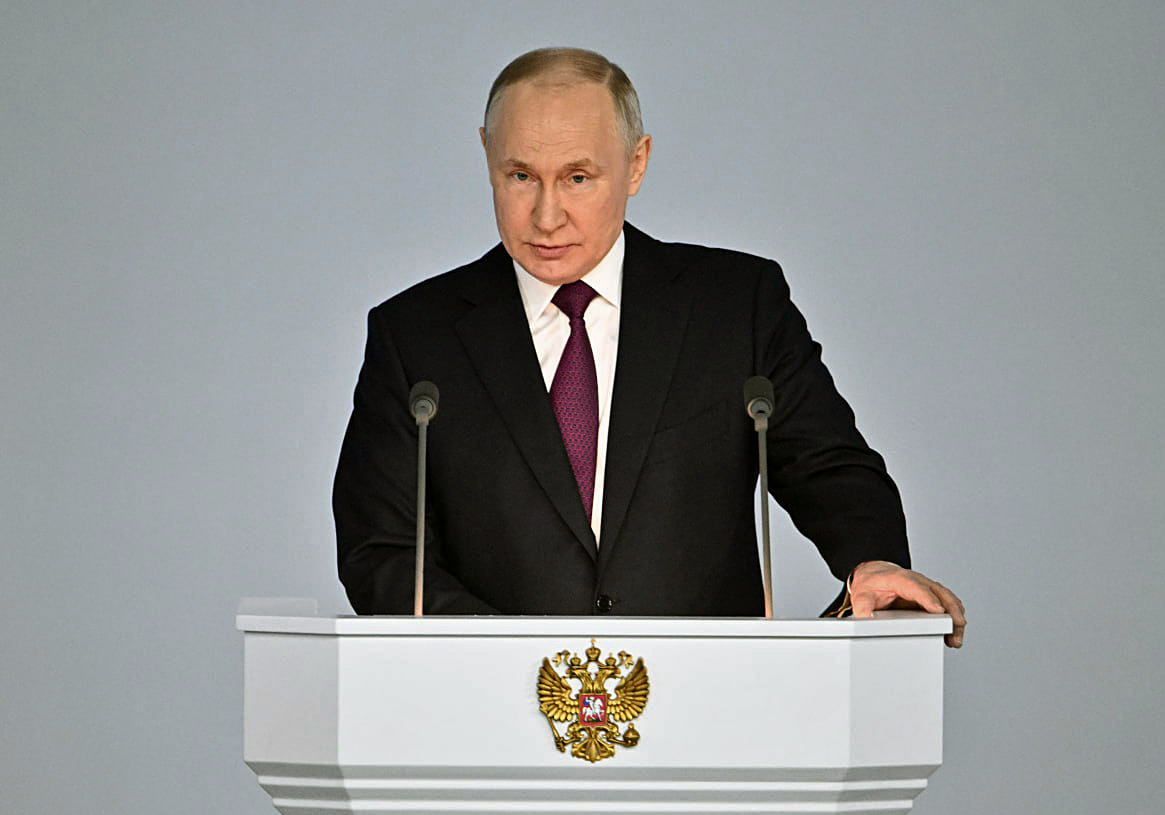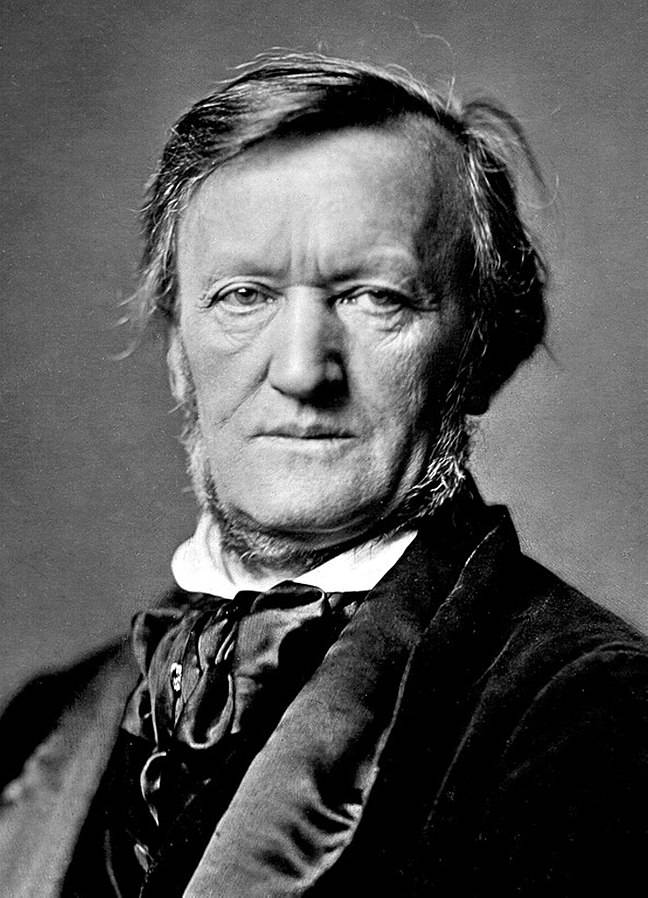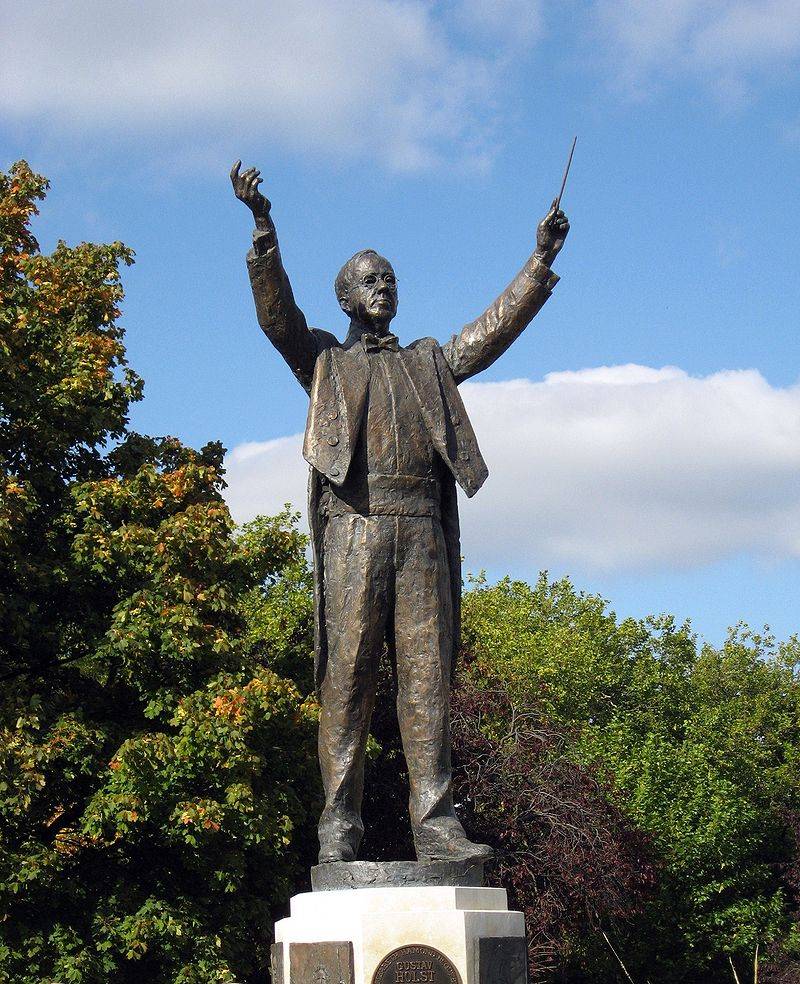Prigozhin, in an audio message published on Monday by his news service, said that the march was a demonstration of protest and not intended to overthrow power…reports Asian Lite News
Wagner Chief Yevgeny Prigozhin has reached Belarus, according to Belarusian President Alexander Lukashenko, reported CNN.
According to Belarusian state media, Lukashenko in his address on Tuesday said that he had warned Prigozhin that if he continued his march into the Russian capital, his soldiers would be obliterated. He reportedly told Prigozhin during a conversation on Saturday that “halfway you’ll just be crushed like a bug.”
In his address, Lukashenko also revealed additional information regarding his discussions with Russian President Vladimir Putin and Prigozhin over the weekend, stating that his discussions with the Wagner chief lasted the entire day on Saturday, CNN reported.
The President of Belarus further said that the nation is not currently erecting camps for Wagner mercenary soldiers on its soil, and he has given the group some undeveloped area inside Belarus if they require it.
The Belarusian military can benefit from the combat experience of the Wagner Group fighters, President Lukashenko has said.
“They were at the very front of the attacking troops. They will tell us what’s important now,” Lukashenko said, according to Belarusian news agency Belta. The fighters could report on which weapons worked well and how attack and defence could be conducted successfully, he said.
“This is very valuable. We have to get this from the Wagner fighters,” Lukashenko said, reported CNN. After the chaotic weekend in Russia, Putin spoke out strongly, reminding security guards that they had “virtually stopped a civil war” by putting down the failed uprising by Wagner troops.
Prigozhin, in an audio message published on Monday by his news service, said that the march was a demonstration of protest and not intended to overthrow power.
“We started our march because of an injustice. We went to demonstrate our protest and not to overthrow power in the country,” Prigozhin said in an audio message, Al Jazeera reported.
In his new audio message, Prigozhin also said that about 30 of his fighters died in the Russian army’s attack on the mercenary group on Friday. He said the attack came days before Wagner was scheduled to leave its positions on June 30 and hand over equipment to the Southern Military District in Rostov.
“Overnight, we have walked 780 kilometres (about 484 miles). Two hundred-something kilometres (about 125 miles) were left to Moscow,” Prigozhin claimed in the latest audio message, as per CNN.

